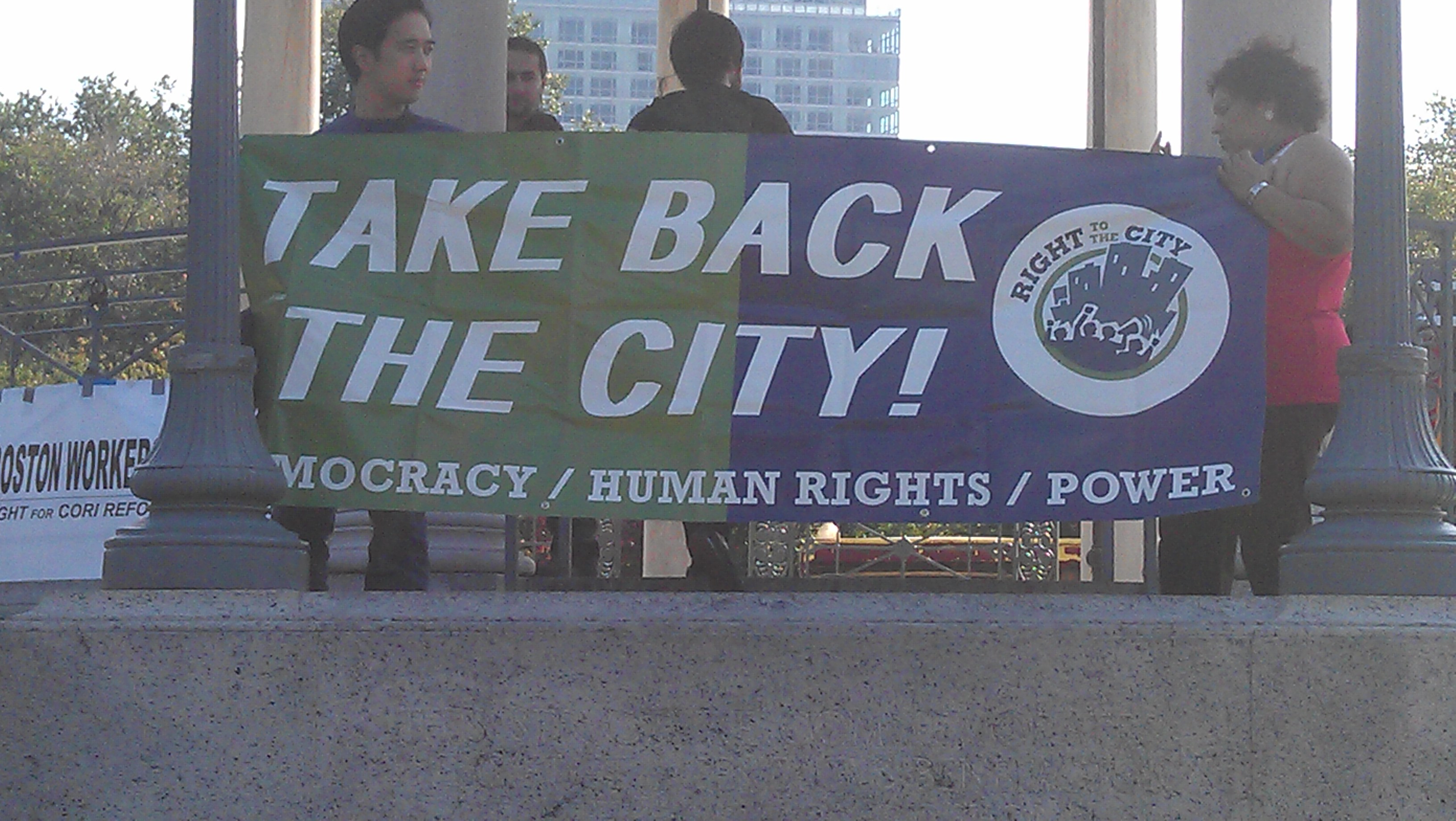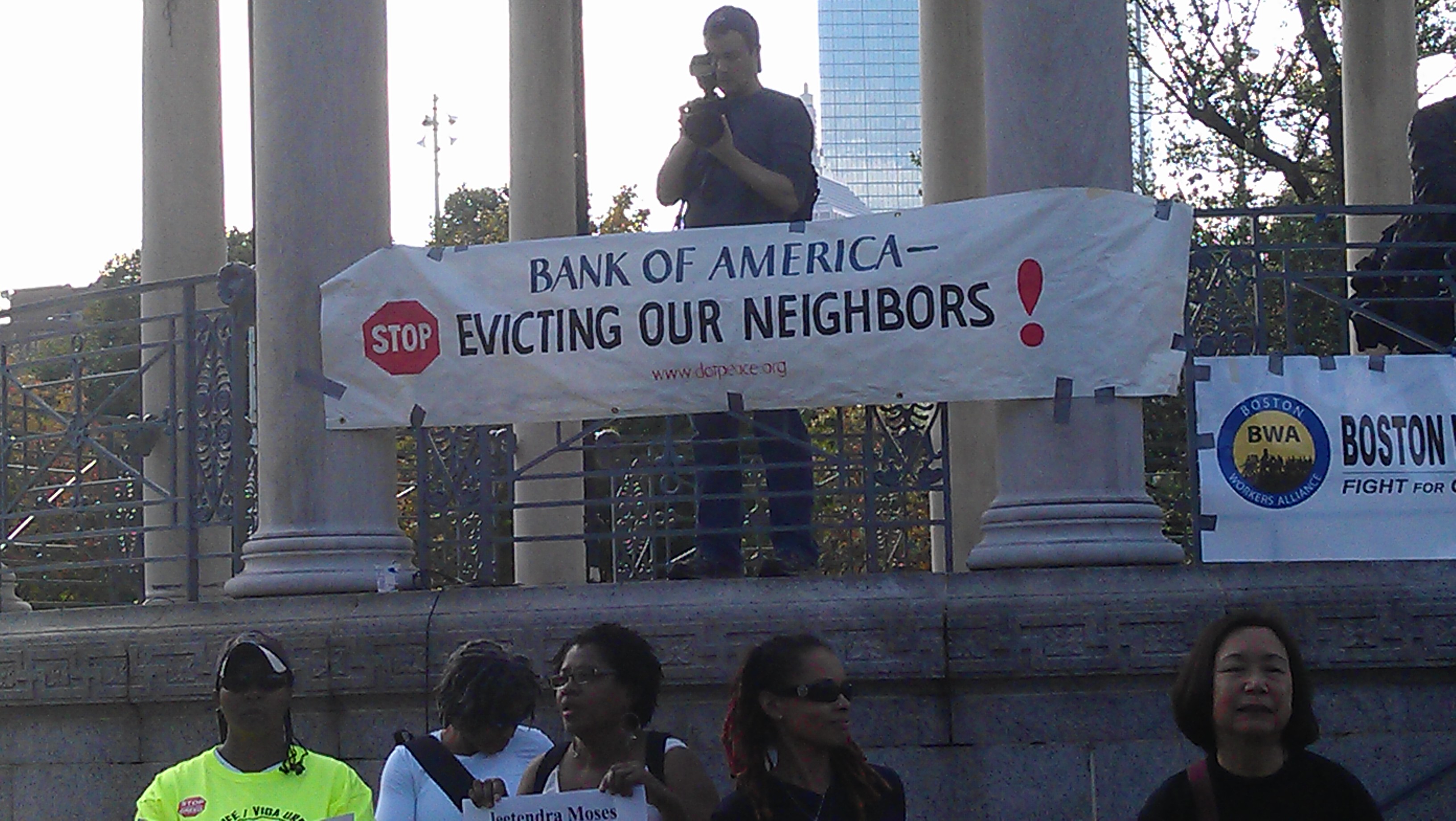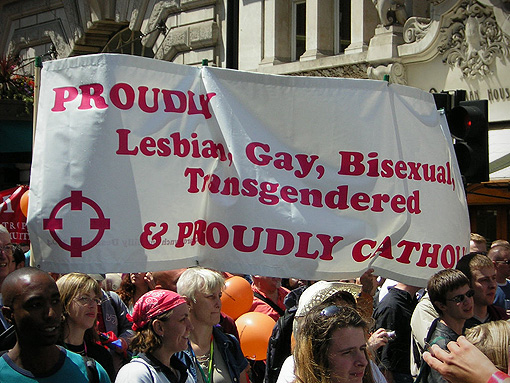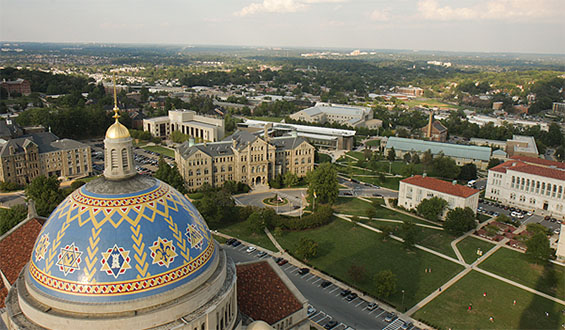Guest musings by MT Dávila, Andover Newton Theological School
“Neither individuals nor nations should regard the possession of more and more goods as the ultimate objective. Every kind of progress is a two-edged sword. It is necessary if we are to grow as human beings; yet it can also enslave us, if we come to regard it as the supreme good and cannot look beyond it. When this happens, we harden our hearts, shut out others from our minds and gather together solely for reasons of self-interest rather than out of friendship; dissension and disunity follow soon after.
Thus the exclusive pursuit of material possessions prevents our growth as human beings and stands in opposition to our true grandeur. Avarice, in individuals and in nations, is the most obvious form of stultified moral development.” (Populorum Progressio, 19)
Many of you may recognize these last words, “stultified moral development,” or “moral underdevelopment” from Pope Paul VI’s encyclical Populorum Progressio (1967). Coming on the heels of the Second Vatican Council, this document became a game changer in the trajectory of Catholic social thought, directly and ultimately linking the destiny of the poor to the destiny of the affluent – both within societies and among the global community of nations. It offers the spectrum of less than human conditions to truly human conditions with respect to human development, and these happen to touch both the rich and the poor as flip sides of a coin. The situation of unbridled greed or avarice is noted as a severe human deficit of developed nations and of economic models that are content with profit and financial gains as the only measure of the welfare of a nation or society. (PP, 20)
“Human society is sorely ill. The cause is not so much the depletion of natural resources, nor their monopolistic control by a privileged few; it is rather the weakening of brotherly[sic] ties between individuals and nations.”(PP, 66) Indeed, we are “sorely ill.” The recent “Occupy Wall Street” movement, now spreading to other major cities around the U.S. and even to smaller communities across the land, bears the truth that “human society is sorely ill.” While a common observation by commentators has been that the movement lacks leadership and a clear platform, its chants and cries are in fact in accord to the basic principles proposed by Paul VI. Quoting Pius XI’s Quadragesimo Anno, Paul VI notes that unbridled capitalism has created the “international imperialism of money,” (PP, 26) where
“persons are under the thumb of others; they cannot act on their own initiative; they cannot exercise personal responsibility; they cannot work toward a higher degree of cultural refinement or a greater participation in social and public life.” (PP, 30)
In other words, too great a divide between rich and poor, too great a concentration of wealth in the hands of the few, too great a chasm between one’s work and the potential attainment of the goods of creation needed for human life to thrive, and it becomes impossible for persons and nations to “participate in social and public life” in ways that effectively impact their destinies and histories. When people find themselves under these conditions, “they are sorely tempted to redress these insults to their human nature by violent means.”(PP, 30)
But the folks at the “Occupy Boston” march and demonstration in Boston last Friday (9/30) did not seek violent means to address these insults to their dignity. They were also not disenfranchised youth, with time to spare on their hands, and no jobs. For the most part, what I saw and heard were many African-American, Hispanic, and Anglo-American grandmothers, working mothers, underemployed workers, and some youth asking serious questions about the loans on their homes, their inability to maintain their families with two or more jobs, the lack of imagination on the part of legislators and banks to address the situation creatively, and the inability of lenders to accept honest offers to re-work loans during periods of unintended unemployment. I saw not one sign asking for anything for free. Indeed, no one seemed to want anything for free. Everyone there seemed to be yearning for full employment and the ability and dignity to provide for their families and loved ones. These all seem to be concerns and claims supported by Populorum Progressio and CST in general.
It is disingenuous to say that the marchers and demonstrators lack organization, an agenda, or a leader. On the contrary, the grievances expressed at “Occupy Boston” seem to be clearly expressed, well founded, and widely shared. The gross gap between the earnings and power of the corporations holding most of the loans on our homes and we the people crassly corrodes our ability to participate in the system and negotiate as human beings with rights and dignity.
The U.S. middle class, financially and politically debilitated after years and years of declining real wages, loss of jobs and opportunities, and crass abuses by lending and other banking corporations that have received better care and protections from our government than individual citizens, are waking up to our moral underdevelopment and engaging in a program of moral re-development. THAT is a legitimate agenda. The mission for Take Back Boston – a coalition of local organizations largely responsible for the march on September 30 – reads:
“It’s time to build cities that are democratic, just and sustainable.”
The main themes of this movement are not specific grievances relating to one or two individuals (though there are plenty of personal stories of loss and outright theft involved in the relationships between lenders and homeowners), but rather the more prophetic charge that injustice is ruling the land and that the current economic system is making more and more people, entire communities, and the environment, vulnerable to the “imperialism of money.”
Perhaps these ideas do sound too general to constitute a solid platform or ten-point-agenda. In my estimation they constitute something much deeper than that. These are the makings of a moral re-development program, where by the sheer force of economic circumstances we feel the fate of the poor in our land and in the world intimately tied to the fate of the middle class, and we awaken to an aggiornamento of our own. Unbeknown to most and certainly unplanned,
“the hope and joys and the griefs and anxieties of the people of this age, especially those who are poor or in any way afflicted, these are the joys and hopes, the griefs and anxieties of the followers of Christ.” (Gaudium et Spes, 1)
Perhaps the agenda of this movement mirrors basic principles of Catholic social thought too closely for comfort. If so, this moral re-development project calls for a bold firing of the engines of our social imagination fueled by love and truth in the service of re-establishing justice in the land.







Trackbacks/Pingbacks